Helpful Posts

The Impact of Enlarged Tonsils and Adenoids on Pediatric Speech, Swallowing, and Beyond: Insights from a Speech-Language Pathologist
Enlarged tonsils and adenoids (lymphoid tissues in the nasal passages and the throat) are issues that some may feel are common and insignificant. Tonsils and adenoids can become enlarged due to allergies, irritants (i.e., smoke, reflux), or following bacterial or viral infection. Enlarged tonsils and adenoids change the structure of the nasal passages and throat. They impact how the jaw is aligned, how the tongue rests in the mouth, and how much room is in the airway. Ongoing inflammation of these tissues can lead to challenges in breathing, sleeping, eating,

Overcoming Sensory Challenges with Winter Snow Gear: Tips from an Occupational Therapist
As winter blankets our state in snow, getting kids bundled up for outdoor play or recess can turn into a battle. Many children experience sensory issues that make putting on and keeping on snow gear feel overwhelming. Today, we break down common behaviors, explain why they happen, and share practical tips to make the process smoother—before, during, and after dressing. Sensory processing involves how our brains interpret sensations like touch, texture, and pressure. For some kids, winter gear like bulky coats, scratchy mittens, or tight boots can trigger sensory overload

5 Tips for Toilet Training a Child with Constipation
At Red Door Pediatric Therapy, we know that potty training can be both challenging and incredibly rewarding. When constipation has been part of your child’s journey, the process can feel even more overwhelming for both you and your child. It’s very common for children to master bladder control before they achieve full bowel continence. Building new habits takes patience, consistency, and compassion — and remember, every small step forward is a meaningful success. Here are five therapist-approved tips to make bowel training more comfortable, functional, and successful — especially when

You’re Not Alone, Mama: 10 Signs You Could Benefit from Perinatal Occupational Therapy
The transition to motherhood is often pictured as joyful, glowing, and instinctive — but for many parents, it feels overwhelming, uncertain, and lonely at times. The truth is, you can love your baby deeply and still struggle with the changes that come after birth. At Red Door Pediatric Therapy, we understand that the perinatal period — pregnancy through the first year postpartum — brings both beauty and challenge. Your body, mind, and heart are all learning new rhythms. Perinatal Occupational Therapy offers compassionate, whole-person support to help you regain balance,

10 Stage 1 Gestalts to Support Your Child’s Language Learning
When children are Gestalt Language Processors, they begin by learning whole phrases (gestalts) rather than single words. In Stage 1, these phrases are picked up from everyday routines, songs, or emotionally rich moments. Parents can model simple, functional phrases that children are likely to hear often and repeat. Here are 10 Stage 1 gestalts to start with: Tips for Parents By starting with these simple, real-life Stage 1 gestalts, you give your child language tools that feel natural and fun. Over time, they will begin to break down these chunks

Understanding Gestalt Language Processing: A Parent’s Guide
When children begin to learn language, not all of them follow the same path. Some children learn language in a linear, word-by-word way (“ball,” “go,” “want cookie”), while others learn in chunks or “gestalts.” This is called Gestalt Language Processing. Instead of building speech one word at a time, these children might repeat whole phrases they’ve heard, such as “Let’s go outside!” or “Do you want a snack?” They then gradually break those longer chunks into smaller pieces and build flexible language over time. How Therapy Providers Support Gestalt Language Processing
